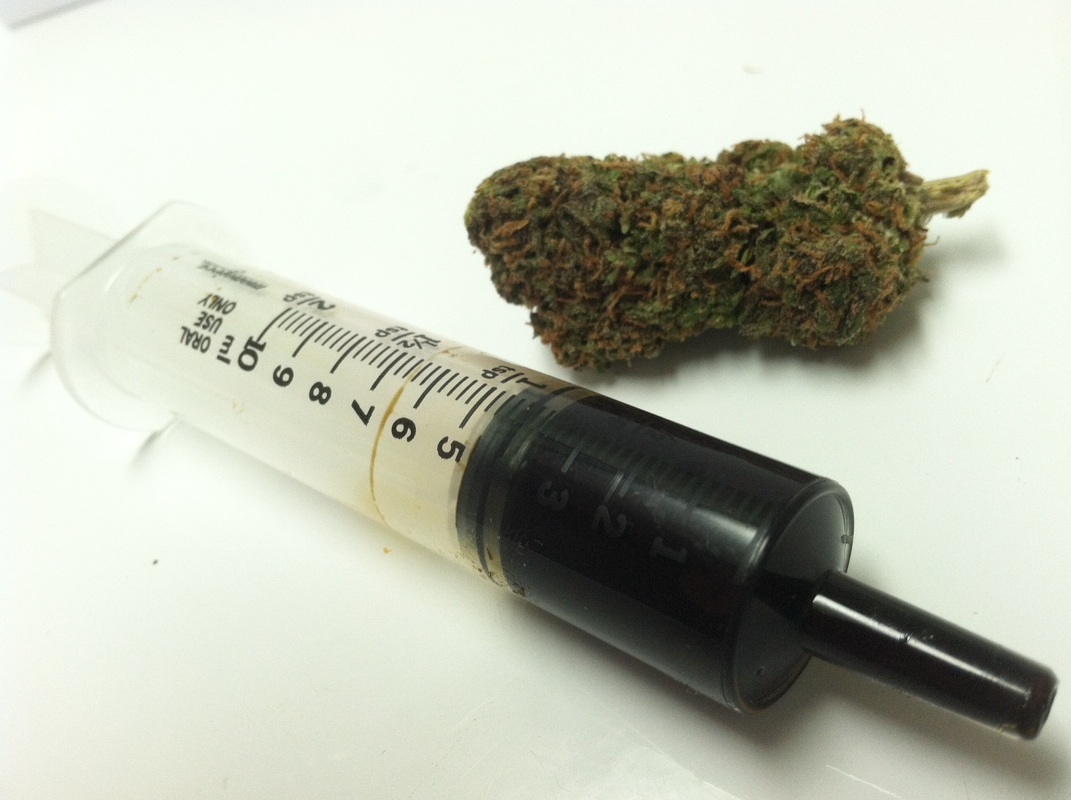Researchers say consuming fish oils is linked to lower insulin-promoted breast cancer risk
03/29/2019 / By Janine Acero

Breast cancer is among the most studied diseases, and scientists are hard at work coming up with ways to prevent it. A team of researchers from China explored the effects of omega-3 fatty acids on lowering insulin levels – one of the risk factors for breast cancer.
The researchers tested the ability of omega-3 free fatty acids (FFAs) to reduce insulin-promoted breast cancer cell proliferation. High insulin levels in obese people are considered a risk factor in the formation of breast cancer cells.
Consumption of omega-3s is associated with a reduced risk of breast cancer, but there is little scientific data confirming that omega-3 FFAs can regulate insulin signaling pathways to prevent breast cancer. After testing this hypothesis, the researchers found that omega-3 FFAs were able to reduce MCF-7 cell proliferation and modulate Akt and Erk1/2 signaling pathways stimulated by insulin.
They also found that knockdown of Shp2 – or the protein tyrosine phosphatase 2 which is associated with breast cancer among other types – by the drug siRNA resulted in significantly elevated omega-3 FFAs-activated Akt phosphorylation. However, the mechanism did not change insulin-stimulated Akt and Erk1/2 phosphorylation. Furthermore, viable cell number was not affected by either downregulation of Shp2 expression or Erk1/2 inhibitor U0126 treatment.
These findings, which were published in the journal Nutrition Research, suggest that omega-3 FFAs can reduce insulin-stimulated breast cancer cell proliferation and insulin-activated Akt phosphorylation. (Related: Endocannabinoids: Molecules that are formed when your body metabolizes omega-3s inhibit cancer growth.)
Prevent breast cancer by fighting obesity
Obesity is one condition that really opens the doors to deadlier health problems, such as breast cancer. Preventing insulin-promoted breast cancer risk starts with improving, reversing, and preventing the symptoms of obesity.
Omega-3 fatty acids have been shown to help people control their body weight and their blood sugar, and it’s easy to see why experts recommend them as part of a healthy diet if you have diabetes. One study from England found that women who consumed more omega-3s had a healthier mix of gut bacteria. These bacteria have been found to reduce the risk of obesity and Type 2 diabetes.
When it comes to breast cancer prevention, studies have shown that increasing the intake of certain types of omega-3 fatty acids can help. In particular, omega-3s derived from fish oil are said to be the best ones for preventing breast cancer. These are EPA and DHA.
EPA (eicosapentaenoic acid) and DHA (docosahexaenoic acid) are omega-3 fatty acids that are found in cold water fish. They are highly unsaturated fats that are considered vital nutrients and play an important role in maintaining healthy functions of the brain and retina.
Taking EPA and DHA also provides a boost in energy, insulates the body against heat loss, prevents skin from drying and flaking, and protects tissues and organs.
If you’re a vegan or vegetarian, you can get another type of omega-3s from plant-based sources. ALA, or a-linolenic acid, can be obtained from soy and flaxseeds.
For more studies on the effects of omega-3 fatty acids on health, visit Omega3.news.
Sources include:
Tagged Under: anticancer, breast cancer, EPA and DHA, fatty acids, fight obesity, Fish Oil, insulin levels, nutrients, obesity, omega 3, prevention, supplements, women's health















